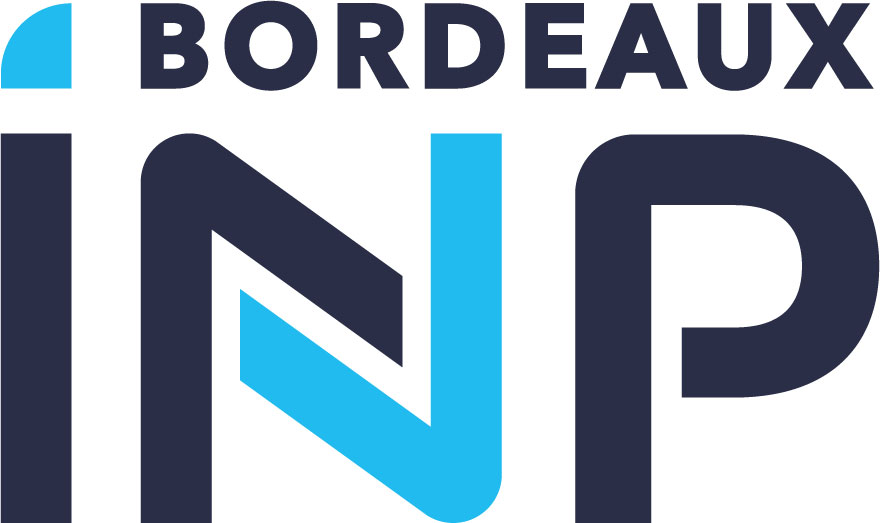Séminaire Calcul Scientifique et Modélisation
Responsables : Wasilij Barsukow et Alessia Del Grosso
Je montrerai tout d'abord comment à partir de considérations énergétiques et du principe de moindre action on peut utiliser une fonction indicatrice de phase (fonction couleur) pour modéliser l'effet des forces capillaires sur la dynamique d'un film mince. Je montrerai ensuite comment construire un solveur HLLC pour discrétiser le système d'edp obtenu dans le cas où on peut négliger les effets liés à la pression capillaire (donc liés à la courbure de l'interface film-air). Je terminerai par l'état d'avancement de nos travaux dans le cas où toutes les forces capillaires sont prises en compte dans le modèle. Des résultats numériques permettront d'illustrer la présentation et de mettre en évidence ce qui marche mais aussi ce qui ne marche pas encore ... Il s'agit d'un travail commun réalisé avec B. Delacroix, G. Blanchard, M. Bouyges et C. Laurent.
On the mesoscopic level, motion of individual particles can be modeled by a kinetic transport equation for the population density f(t,x,v) as a function of time t, space x and velocity v \in V. A relaxation term on the right hand side accounts for scattering due to self-induced velocity changes and typically involves a parameter K(x,v,v') encoding the probability of changing from velocity v' to v at location x:
\partial_t f(t,x,v) + v \cdot abla f(t,x,v) = \int K(x,v,v') f(t,x,v') - K(x,v',v)f(t,x,v) dv'
This hyperbolic model is widely used to model bacterial motion, called chemotaxis.
We study the inverse parameter reconstruction problem whose aim is to recover the scattering parameter $K$ and that has to be solved when fitting the model to a real situation. We restrict ourselves to macroscopic, i.e. velocity averaged data $\rho = \int f dv$ as a basis of our reconstruction. This introduces additional difficulties, which can be overcome by the use of short time interior domain data. In this way, we can establish theoretical existence and uniqueness of the reconstruction, study its macroscopic limiting behavior and numerically conduct the inversion under suitable data generating experimental designs.
This work based on a collaboration with Kathrin Hellmuth (Würzburg, Germany), Qin Li (Madison, Wisc., USA) and Min Tang (Shanghai, China).



